Bad at sharing
Across almost all industries, organisations have become increasingly good at NOT sharing data.
I recently had the opportunity to meet up with a friend for coffee. He is a highly experienced data practitioner and published author in the topic of Machine Learning. During our conversation I brought up the topic of data sharing – specifically in the context of multiple organisations choosing to share data either in a cooperative sense or through some sort of marketplace. His instant response was: “Oh, data sharing is hard when the company knows the value of their data.”
He’s right, of course. Across almost all industries, organisations have become increasingly good at NOT sharing data. There are clear reasons for this, but they all correlate to a common attribute: fear.
Legal Concerns
Whether it’s related to GDPR, regulation or intellectual property, organisations are understandably nervous about the idea of sharing data – either accidentally or intentionally. The blanket approach taken by CIOs and CISOs is often to lock their environments down. Nothing leaves the proverbial building.
Security Concerns
Any good security analyst will tell you that it only takes one vulnerability to expose an entire estate. As a result, any request to grant external access to data or systems is – at best – going to be subject to intense scrutiny, if considered at all.
However, in their article ‘Data Sharing Is a Business Necessity to Accelerate Digital Business’, Gartner states the headline: “Data and analytics leaders who share data externally generate three times more measurable economic benefit than those who do not.”[1]. Furthermore, in their article ‘Where Is Data Sharing Headed?’ BCG states that “data concentrated in a few companies’ hands can also hamper innovation if those companies aggregate only limited data types or seek to control access.”[2].
Economic benefit and increased innovation are ‘pull’ incentives for data sharing, but there are also some ‘push’ incentives which are worth noting. For example, as the UK government grapples with climate change, the cost of living crisis and ageing infrastructure across the utilities and transport, increased demands are being made for organisations to demonstrate cooperative behaviours in delivering services. I’ve also seen evidence of companies being asked by customers to prove their ability to cooperate with partners in order to maximise RoI of their investments.
And finally, the ‘softest’ argument but possibly the most important, is that we fundamentally need to see a change in attitudes towards how organisations work together for the greater good of humanity. If protecting our planet and enhancing society aren’t incentives enough, then what is? We have incredible technological capabilities today which could and should be enhancing society, but because we’re bad at sharing we continue to fail to achieve the potential for change.
What can IOTICS offer to help bridge these concerns?
1) Legal Concerns
IOTICS’ architecture offers two key advantages to help overcome the legal obstacles to data sharing.
2) Data Sovereignty
With IOTICS’ decentralised architecture, customers remain in control of their own data. Unlike traditional data sharing models which involve some element of centralisation of data in a shared repository, clearing house or cloud provider, with IOTICS, data is shared directly from the estate of the data owner across a peer-to-peer network. This minimises complex legal and financial discussions about who governs, maintains and pays for any centralised system or repository.
3) Complete control over what is shared, when, and with whom
The customer has complete control over what data they choose to virtualise within their protected IOTICS environment. Once virtualised, they then have further fine-grained control over what data they want to share with other participants in their network.
4) Summarise or aggregate
Many use cases don’t necessarily need access to granular data to address business problems. If a customer is uneasy about sharing detailed information about assets, people or events, then it may be sufficient to virtualise and share a summary or aggregation of data grouped by time, type or other defined segment. The logic for creating a summary or aggregation can be built into the digital twin so the detailed information is kept private while continuing to enable the ecosystem to solve business problems.
5) Security Concerns
IOTICS is secure by virtue of its unique architecture and presents a complete security solution for data sharing. The foundation of the architecture is anchored in the concept of digital twin-to-digital twin interactions.
6) Virtualisation
Data is virtualised as digital twins within the customer’s IOTICSpace. To enable sharing, the digital twins are enabled to communicate across private peer-to-peer networks.
7) Only twins allowed
Only a digital twin can communicate with a digital twin. i.e. an actor cannot simply interrogate a digital twin from the internet, instead an interaction must be initiated by another digital twin declaring an interest in another. Only if the IOTICS network protocol deems that the interaction is allowed (based on the customer’s sharing preferences) will the interaction be permitted. This means that, in order to participate in an interaction, any actor must (a) have an IOTICSpace and (b) create a digital twin to which their authority is delegated. Thus, only identified participants with whom a customer has chosen to interact are able to initiate interactions.
8) Safe space
Because IOTICS leverages a decentralised peer-to-peer architecture, ecosystem participants do not need any access to each others’ systems, nor to any centralised repository. Customers manage their virtualisation and sharing preferences from within their own IOTICSpace.
Before IOTICS, data sharing was indeed an activity to be approached with large degrees of caution and enough to keep any CIO or CISO awake at night. With IOTICS, organisations can cooperate together with confidence and at speed, unlocking innovation.
The real risk for organisations now is the cost of NOT sharing data. The world is moving on and as data ecosystems begin to evolve, organisations who choose to silo themselves will fall behind those that are able to innovate around data with agility and confidence.
[1] https://www.gartner.com/smarterwithgartner/data-sharing-is-a-business-necessity-to-accelerate-digital-business
